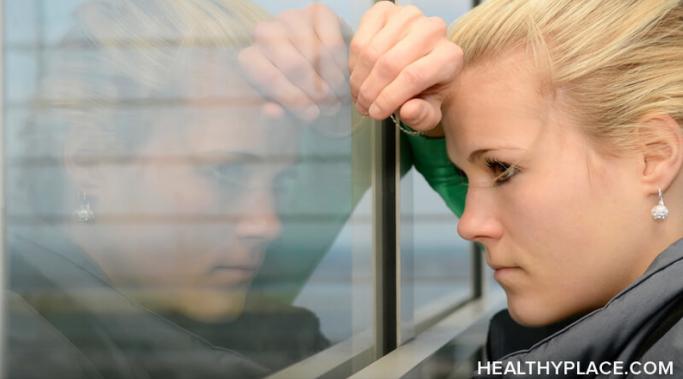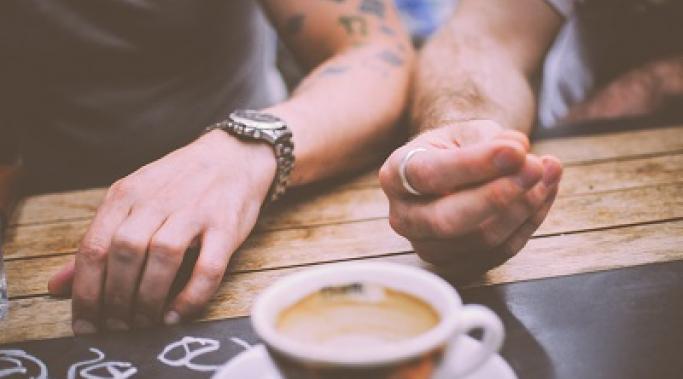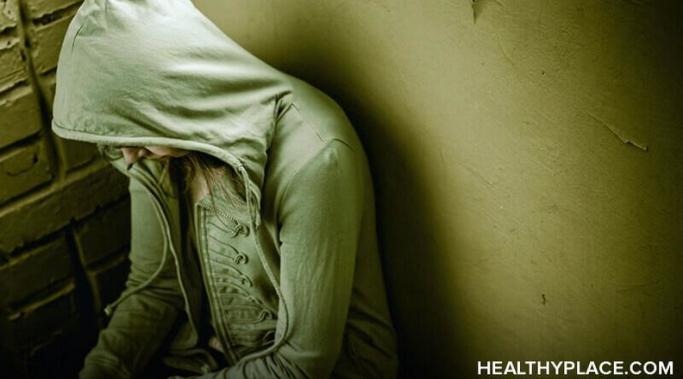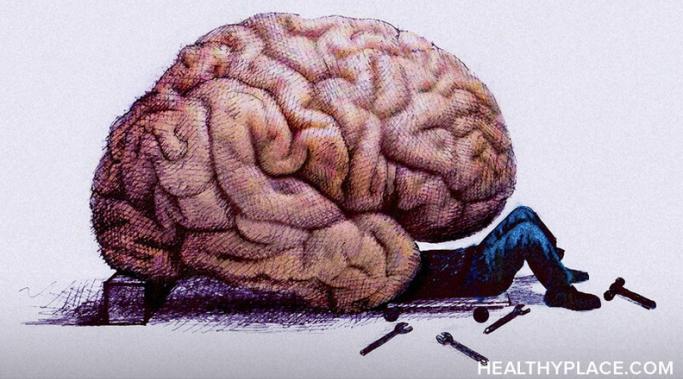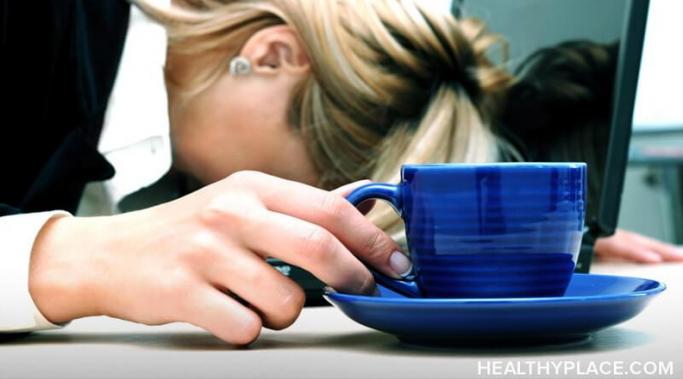Depression has many well-known symptoms, and one of them is how depression makes it difficult to process emotions. This emotional effect is incredibly difficult for me to handle. I was an emotionally repressed child, and I only just started practicing emotional openness in college. I am still learning how to feel in a controlled fashion, how to conduct myself despite intense emotional outbursts, and how to work with feelings instead of against them. And I’m also learning how to cope during the times my depression blows my emotions out of proportion; because, depression complicates my ability to process emotions.
Coping with Depression
Relationships require communication around depression self-care. I have to remind myself constantly that my depression self-care and mental health goals are mine, and mine alone. I do not share the same goals as others with similar brains, and I should not expect others to have the same goals. One of my uncles told me recently that, “Expectations are premeditated resentments.” Applying that idea to the intimate relationship I maintain with my partner, I realize that I have a lot of expectations regarding depression self-care and mental health, and that I need to communicate my depression self-care needs appropriately in order to successfully care for myself and maintain a healthy relationship.
I realized recently depression is an experience, not just a diagnosis and thinking of depression as an experience empower me. Depression spurs challenging emotions and physical symptoms, and it also changes the way I think about things. Depression influences the way I respond to various stimuli, and the way I arrange my daily schedule and plan vacations. Depression impacts the way I interact with people, and the relationships I choose to maintain. Depression is something I experience, so I’ve been trying to define my depression more by its impact to my life than by the medical diagnosis. I'm empowering myself by viewing depression as an experience.
Sometimes unusual coping skills for depression work. There are some days that my depression symptoms are too stubborn to cooperate with my typical coping methods, so I have to get creative. Dancing, focusing on tactile experiences like snuggling in a soft blanket, running my hands through cool materials, and cooking have all proven to pull me through the especially testy days. Curious as to what others do to get through their stubborn days, I looked around and found that a ton of people recommend making art, meditating, practicing yoga, playing video games, and masturbating. These might be unusual coping skills for depression, but that doesn't mean they might not work for you.
I have good and bad brain days, and the intensity of my depression varies. Some mornings, I wake up and smile at the sun and sky, make myself a superb cup of coffee, and spend the day enjoying every second of activity. And some mornings, I struggle to open my eyes, I get angry about the beautiful weather, and I skip all of my meals (Depression Symptoms: What are the Symptoms of Depression?). There was a long span of time where I thought it was unfair that my depression seemed to go away and come back without warning, until I realized that I was viewing depression incorrectly. I didn't realize that depression shifts in intensity and that good and bad brain days just happen.
It's important to realize that depression does not eliminate your basic needs. There are many mornings that I wake up in an uncontrollable rage with nothing to show for it but unwavering anger. In these instances of rage, my usual coping skills of painting, cooking, writing, or exercising do not work. They seem to require too much energy, effort, and thought. I find that my angry self wants only to sit in a tense position with clenched fists, mercilessly criticizing my messy brain. After sitting frozen in this furious position and mindset for a few hours, I fall deeply into a depressive state. I typically ignore my body at this point, skipping meals despite my growling stomach and refusing to use the restroom (Importance of Self-Care to Your Mental Health). But I've learned that depression does not eliminate your basic needs.
It's important to understand the chemical effects of alcohol on the depressed brain. I have the habit of turning to the bottle when I am having a rough day, as drowning out my mind with a bottle of wine often seems like the most tempting, albeit unhealthy, coping method. The societal glamorization of alcohol increases temptation, bombarding me with pubs and beautiful billboards which claim that the best way to relax is with several pitchers of beer. However, the chemical effects of alcohol are damaging to the depressed brain, and I’ve learned that a bad day plus a drunken night equates to an even worse morning.
I’m Tiffanie Verbeke and I am the new co-author of Coping with Depression. I’m a freshly-graduated Interpersonal Communication Studies major, coffee addict, avid runner, and music enthusiast. I also pretend to be a good painter (which is an excellent coping mechanism). I have learned and experienced many challenging, wonderful things in my lifetime, but one of my most significant adventures has been learning about my brain. I was officially diagnosed in college with severe depression, anxiety, and mixed state bipolar disorder—a lovely combination of barriers to achieving optimal mental health.
Depression can make it difficult to set emotional boundaries with people in your life. Many people I've met who suffer from depression, including myself, suffer from difficulties being assertive enough to look after their own emotional wellbeing but setting emotional boundaries is important in depression.
Distress tolerance is important for depression sufferers and depression caregivers. These skills can be vital in showing a depressed person that they are accepted even when they are suffering. Here's why distress tolerance is important for depression and why we need distress tolerance skills.
